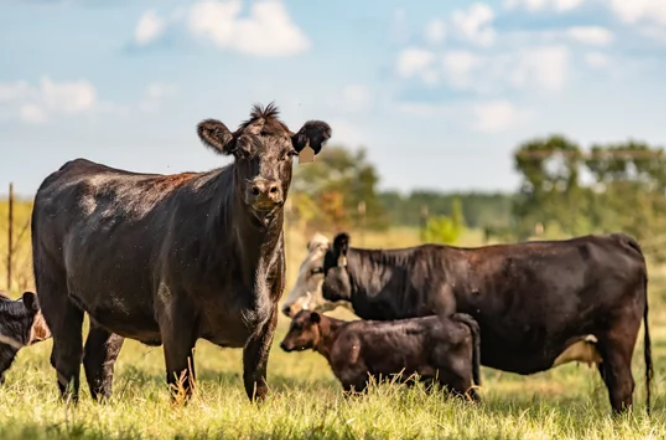
BLOG
Animal diseases are a global concern

Animal diseases are increasingly a significant concern globally. In 2018, China was hard hit by the African swine fever, significantly reducing their pig herd and pork supplies. In Europe, we continue to read about cases of avian influenza. In the U.S., we also regularly see cases of bird flu, which is now a significant issue.
The situation, however, has gotten tricky in the U.S. Earlier today, the excellent researcher and analyst Anthony Clark of SmallTalkDaily Research, in a note to clients, flagged something I was not watching, and here I quote a report from the World Organisation for Animal Health: "The ongoing spread of High Pathogenicity Avian Influenza (HPAI) in different regions of the world, alongside the recent detections of cases in cattle, is raising concerns within the international community.
While HPAI primarily affects poultry and wild birds, avian influenza can occasionally be transmitted to mammals, including humans. In the last two years, an increasing number of H5N1 avian influenza cases have been reported in terrestrial and aquatic mammalians animals.
The recently reported detections of HPAI in dairy cattle in the United States of America , showing clinical signs such as decreased lactation, reduced appetite, lethargy, fever and dehydration, have raised concerns since such infections of cattle could indicate an increased risk of H5N1 viruses becoming better adapted to mammals, and potentially spilling over to humans and other livestock.
This bird flu is worrying and worth monitoring. Fortunately, this is not an issue in South Africa. Therefore, there is no need to panic. The agricultural community can monitor the situation in the U.S. and continue to stay vigilant and adhere to best biosecurity practices, as is often the case in commercial farming in South Africa.
South Africa's challenge
Over the past few years, we have had a fair share of animal disease challenges here in South Africa—African swine fever in pigs, avian influenza in poultry, and Foot-and-Mouth Disease in cattle.
These had heavy financial losses on the producers and various companies. But I believe we are on a path to recovery from the recent outbreaks as a country. The industry is also increasing meat supplies. Thus, the meat prices have generally been sideways this year if one looks at their local supermarket.
Our focus is now on regaining our export market and penetrating new and exciting countries this year. This export drive is mainly in the South African beef industry. We aim to increase the exports to new markets such as Saudi Arabia and China.
In this export journey, strengthening our biosecurity system remains a priority for the private sector and government as more concerning outbreaks continue in certain parts of the world.
South African consumer safety
With all this animal disease talk in the U.S., I must stress that the South African consumer is safe, and you can continue to enjoy our various high-quality proteins.
Stringent controls also ensure consumer safety even during outbreaks. Right now, we are not in the middle of an epidemic.
I write more about some of these issues in my Business Day column on April 10, 2024. When it is published, you will find it online here.
By Wandile Sihlobo, email: wandile@agbiz.co.za

0 COMMENTS
LEAVE A COMMENT